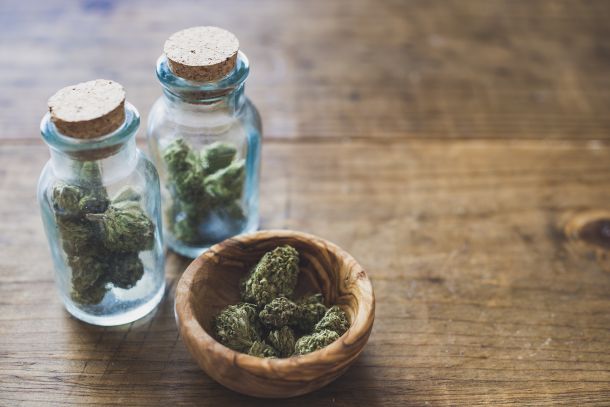When it comes to marijuana in pregnancy the bottom line is: don’t do it. As marijuana products are becoming increasingly legal around the world, we are learning more and more about the potentially harmful and long-term effects on the growing baby.

Here is what we know to date:
- Marijuana is a complex plant with over 400 chemicals which pass from you to the baby in pregnancy
- Smoking marijuana can increase carbon monoxide levels in your blood and effect your babies growth
- Use in pregnancy has been associated with a “withdrawal” syndrome in the newborn and make your baby more irritable.
- Exposure in the uterus may have long-term effects on your child’s brain development and mental health.
Can marijuana be used for nausea in pregnancy?
If you are struggling with nausea in pregnancy talk to your doctor about medication options. There are many different types of medication that have been proven to be safe and effective in pregnancy. Marijuana is not one of them. In fact marijuana may make your nausea worse by further slowing down the emptying of your stomach and worsening heartburn, which are already issues in pregnancy.
Is marijuana safe while breastfeeding?
Marijuana is excreted in your breast milk at levels 8 times higher than your blood marijuana (THC). This may be the highest risk time for your child. Currently there are no studies to know what exactly the effects will be. However, based on studies done on exposure within the uterus, we recommend abstaining from marijuana completely while breastfeeding. Even more concerning, smoking around the baby increases the risk of SIDS (sudden infant death syndrome).
What long-term effects may I see in my child exposed to marijuana in pregnancy?
While some children exposed to marijuana may seem unaffected, your child may later develop issues with achievement, mood and behavior both at home and in school:
- They may have more trouble in school with reasoning, reading and spelling.
- They are more likely to have attention deficit and hyperactivity disorder (ADHD) or attention deficit disorder (ADD)
- They may have more issues with anxiety and depression as young as 9 or 10 years of age.
- As they grow into adolescence, they are more likely to struggle with academic achievement, delinquency, smoking and substance abuse.
For more information on marijuana and pregnancy, please watch these videos from the Society of Obstetricians and Gynaecologists of Canada.
